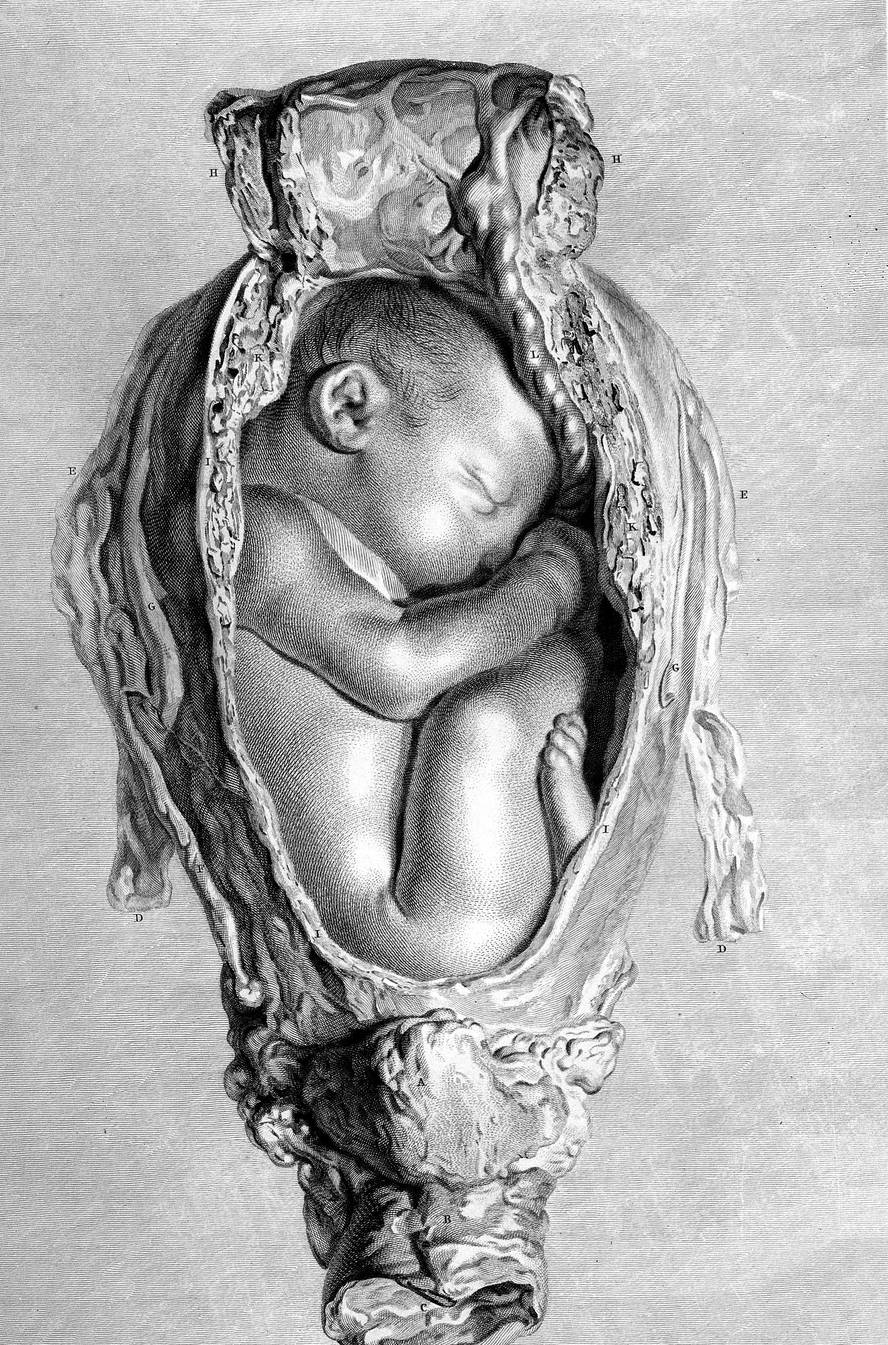They confirm that human fetuses are absolutely sterile.
Although pregnancy and human fetal development are becoming more widely known, there is a question that has recently aroused debate, is the fetus sterile or has a microbiome? It has long been considered that fetuses were sterile and that for the first time they were in contact with microorganisms when passing through the maternal canal. In recent years, however, there have been studies that question it, detecting bacteria in the human fetal intestine and other organs, and concluding that they are essential for the development of the fetal immunity system.
It is a scientific issue strongly implicated, as the validation of the results would require a complete review of the immune system. Therefore, a large group of experts in immunology, microbial ecology, gnotobiology (science that studies sterile populations), bioinformatics, reproduction, etc. have reviewed all these investigations and concluded that it was a simple contamination in the taking of samples of foetuses. So it's confirmed that fetuses are sterile.
For the study of the possible foetal microbiome, samples are taken from women who have intentionally aborted and from women who have stopped by caesarean section, making it very easy for contamination to occur during the process. The last study shows a typical error of microbiological analyses of low biomass, contamination of samples and warns that it is very important to take it into account due to the serious consequences they have in clinical medicine. Therapeutic transformation of the non-existent foetal microbiome had already begun.
The fact that fetuses are sterile does not mean that they are not immunologically developed, but that they produce immunity cells during development. But the first contact with microorganisms occurs at birth, when passing through the maternal vagina, breathing and drinking milk. Only pregnancy disorders can cause the fetus to receive microorganisms. Sepsis is neonatal, but fetuses do not have an autochthonous, stable and metabolically active microbiota.
Researchers point out that sterile tissues are scientifically exciting and that it is important to improve research methodologies. Remember that there are many questions that have not yet been solved, how is the fetus prepared to live in a microbial world if it has not had contact with a single living microorganism throughout development? How does the mother do the immune education of the fetus? These are just some of the scientific challenges that gnobiology has in its hands.






